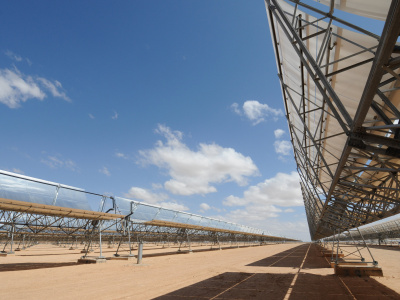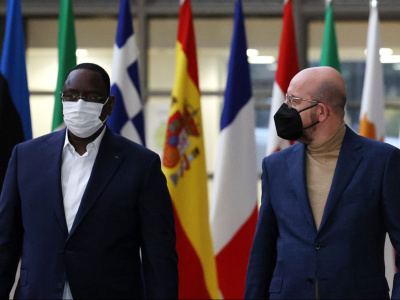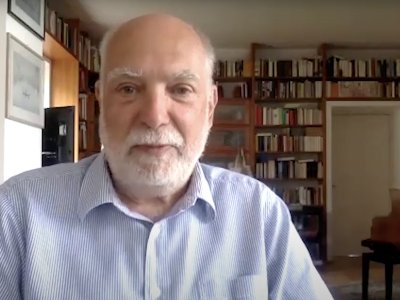
The EU and Africa: The policy context for development
Relations between the European Union (EU) and the African continent are undergoing significant transformations. Key changes in the policy context include far-reaching regional integration processes in Africa and in Europe and the rise of new international partners for Africa, in parallel with increasing recognition of partnership and ownership as important cooperation principles. These dynamics are reflected in the cooperation frameworks between the continents, and in the way these frameworks have been developing and have been used.
By understanding the policy context, as well as the specific added value, funding and institutional aspects of the main frameworks for EU-Africa relations, stakeholders in Africa and Europe can seek to engage with and influence the way the EU and Africa interact.
EU-Africa relations are currently informed by two main agreements, namely the Cotonou Partnership Agreement (CPA), between Europe and 79 African, Caribbean and Pacific (ACP) countries, also the basis for Economic Partnership Agreements (EPAs), and the Joint Africa-EU Strategy (JAES).
These agreements and EU-Africa relations in general have continually evolved, reflecting changing regional dynamics such as deepening integration processes in both Europe and Africa (reflected in the development of the African Union (AU) and in the Lisbon Treaty), difficult EPA negotiations and a move away from a more traditional donor-recipient relationship to one based on mutual accountability and ownership.
As the mandates of the CPA and JAES continue to evolve, avoiding incoherence and duplication and ensuring complementarity will become key challenges.





